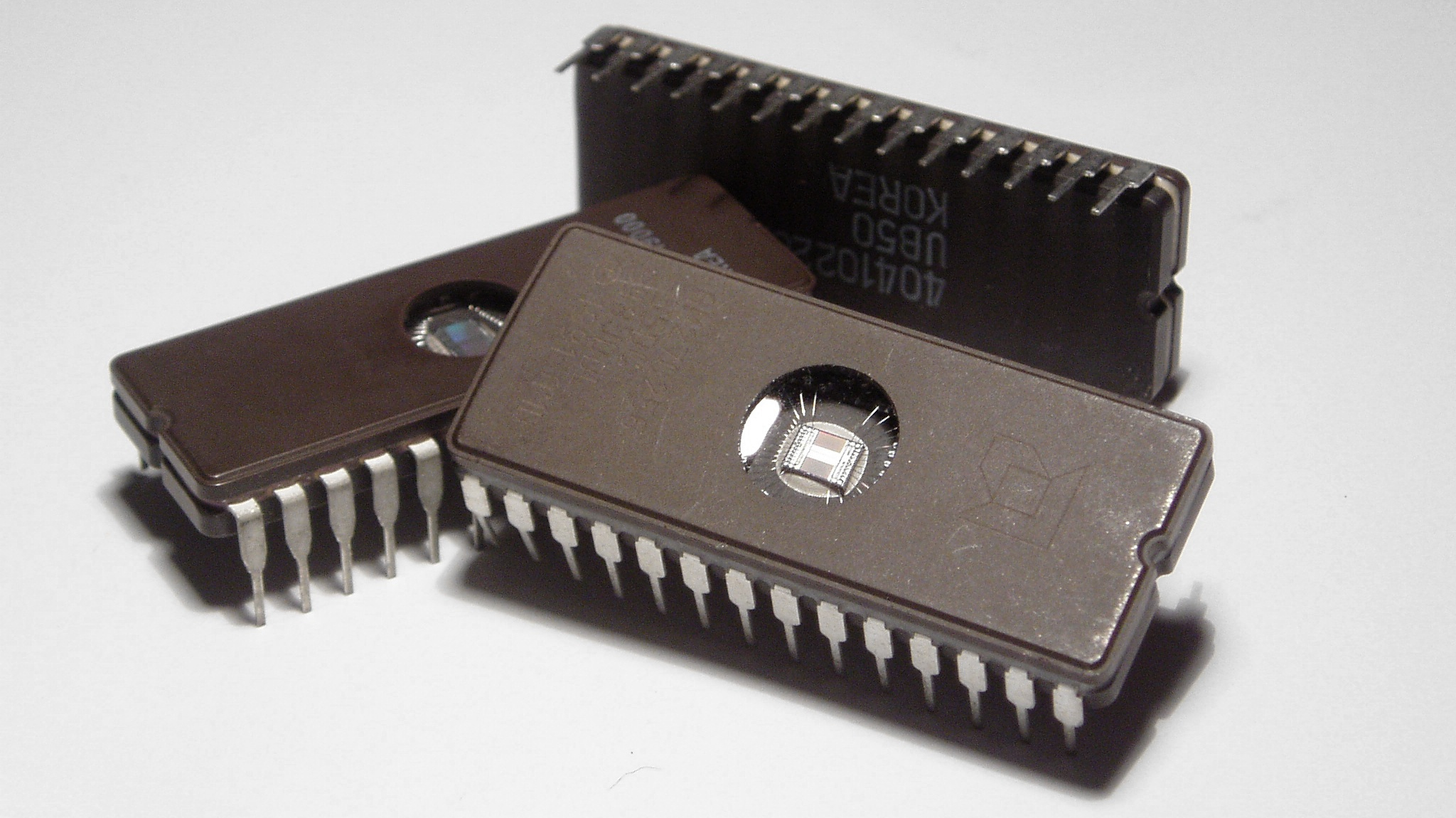
Japan hopes to become a compelling alternative to China and become “Asia’s best partner” for foreign tech companies as it seeks to regain its edge in the industry, Hong Kong’s South China Morning Post reported on April 12.
On April 10, in a meeting between US President Joe Biden and Japanese Prime Minister Fumio Kishida, both leaders agreed to work with “Like-minded countries to strengthen global semiconductor supply chains.”
Semiconductors, used in everything from mobile phones to cars, have become a key battleground in recent years, the newspaper notes. The United States and some European countries have blocked the export of high-tech chips to China for fear of their use for military purposes.
Meanwhile, Taiwanese chip giant TSMC faces pressure to diversify its production from customers and governments concerned about the possibility of a Chinese invasion of Taiwan.
In February, TSMC opened a new $8.6 billion (805 billion rubles) chip plant in southern Japan and plans to build a second $20 billion (1.85 trillion rubles) plant to produce chips. more advanced. During a visit to the TSMC plant this month, Japanese Prime Minister Fumio Kishida said that “I experienced firsthand the resurgence of the semiconductor industry” from your country.
Over the past three years, Japan has spent 3.9 trillion yen (2.4 trillion rubles) on chip-related subsidies, which is a larger share of GDP than Japan spends on these purposes.
Japanese companies such as Sony and Toyota are also collaborating with American giant IBM on Project Rapidus, which aims to mass produce two-nanometer logic chips in Japan starting in 2027.
“This is a good time to invest in Japan, as the value of the yen is at its lowest level in 34 years.”“Said Hideaki Yokota, vice president of the analytical center specialized in the field of information technology MM Research Institute.
Tech companies hope Japan can become their “Asia’s best partner”, and its workforce has many highly trained engineers. Established Japanese companies, especially in the automobile and home appliance sectors, provide real opportunities to make artificial intelligence profitable, he said.
But AND Global CEO Hos-Erdene Baatarhuu warns that Japan should not rely on its manufacturing heritage, given low productivity and a shrinking workforce.
“As the CEO of a technology company, I see Japan at a crossroads.”he said, asking not if the country could, but how quickly it could become “a producer, not just a consumer, of these transformative technologies”.
“Overall, Japan’s commitment to artificial intelligence has enormous potential for economic recovery.”said Baatarhuu.
“By promoting collaboration, retaining top talent, and learning from successful models like the United States and China, Japan can close the AI gap and reestablish itself as a major force in the global technology landscape.” – he added.
Source: Rossa Primavera
I am Michael Melvin, an experienced news writer with a passion for uncovering stories and bringing them to the public. I have been working in the news industry for over five years now, and my work has been published on multiple websites. As an author at 24 News Reporters, I cover world section of current events stories that are both informative and captivating to read.
